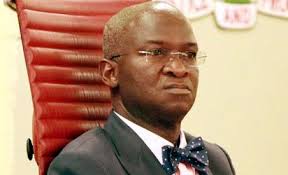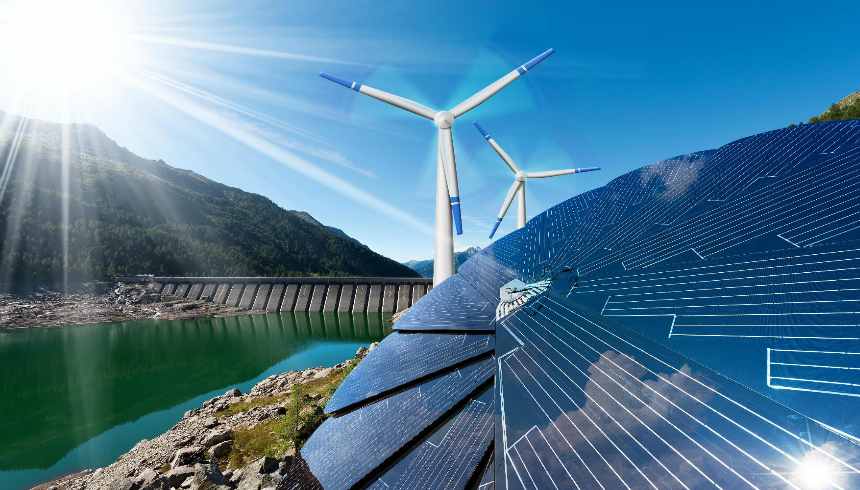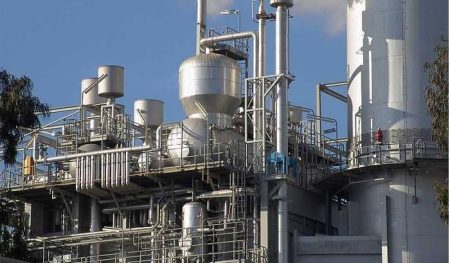…Says Nigerians spending less money on alternative power sources

Oscarline Onwuemenyi
19 April 2018, Sweetcrude, Abuja – The Minister of Power, Works and Housing, Mr. Babatunde Fashola, has insisted that Nigerians have been enjoying constant power supply under the administration of President Muhammadu Buhari.
Fashola, who stated this while speaking during the April 2018 edition of the monthly power sector operators’ meeting in Umuahia, Abia State, noted that Nigerians had been spending less money on alternative power sources, such as fuel for generators, because the country’s power situation had improved.
According to him, well-meaning Nigerians were aware of the improvement, noting that the government was doing its best to work harder for them and improve service delivery.
He said, “We are on a journey to a destination of promise and eventual prosperity and I use this occasion to salute the efforts and contributions of all those who have brought us this far.
“Even if those who were most vocal in condemnation when the situation appeared very dire are now uttering some muted acknowledgment that it has improved, we must continue to draw inspiration from well-meaning and right thinking Nigerians who were gracious enough to publicly acknowledge that they are saving some money from diesel they used to spend for generators; they are running their generators for fewer hours; and they are getting comparably more power than before.
“It is because of those gracious and well-meaning and right thinking Nigerians that we must dig deeper, work harder and be more determined to improve service delivery.”
According to statistics from the Advisory Power Team in the Office of the Vice President, Prof. Yemi Osinbajo, Nigeria produced a total of 400,171 megawatts (MW) of electricity from January 1 to April 14, 2018, an average daily generation and supply of 3,847.8MW.
This return represents only measured growth, which is a contradiction of the minister’s claim.
The power sector also suffered an average daily financial loss of N1.209 billion in the same time frame, pooling up to N125.774 billion in total.



